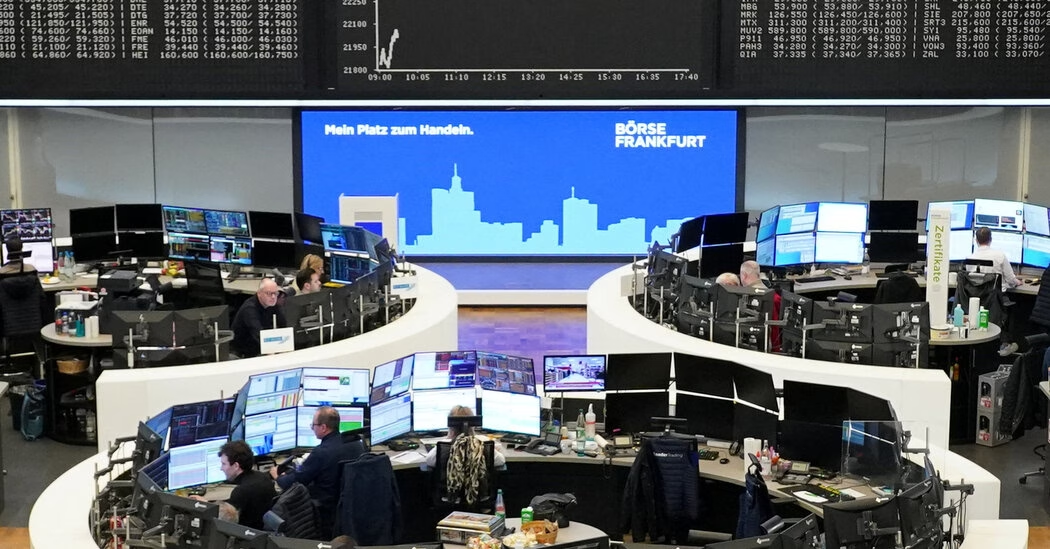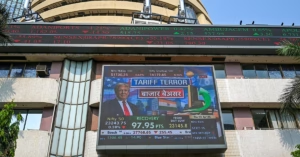American homes are filled with products that originate from various countries around the world. These items serve as a testament to the United States’ role as a supporter of free trade and a primary market for goods of international origin.
However, President Trump’s recent imposition of universal tariffs on all trading partners of the United States, with additional duties on countries deemed as the “worst offenders” of unfair trade practices, has now placed these goods under consideration for additional taxes. The tariffs include a 10 percent base line duty on all imported goods to the United States, as well as a higher “reciprocal tariff” rate that will be implemented next week.
Specific tariff increases include:
– 20 percent for the European Union,
– 34 percent for China, which will be added to a previous 20 percent tariff,
– 10 percent for Japan,
– 10 percent for South Korea,
To address concerns of retaliatory measures, tariffs were also placed on Canada, Mexico, and China in less than three months. Import duties on steel, aluminum, cars, and car parts were also imposed. Semiconductors, pharmaceuticals, and lumber were excluded from the tariffs.
Global stock markets have tumbled in response to this announcement, and the rest of the world is scrambling to figure out what to do. Some countries, like China, Brazil, and South Korea, are threatening to retaliate and impose their own tariffs. Others, like the European Union, are pushing for negotiations.
However, many developing countries are worried, as exports have been their path to economic growth and prosperity for the past few decades. The tariffs imposed on countries such as Taiwan, Japan, and Vietnam have reportedly damaged their economic prospects.
Some pundits argue that the tariffs will only prompt the rest of the world to rush toward a world order without the United States at its center. They feel that while alternative markets are available, the changes will bring pain and transactional costs in diversification.
However, while countries like Australia may not impose retaliatory tariffs, others like Japan are calling for exemptions. The new levies in Japan are particularly jarring, given its low tariff rates. Members of the trade community also believe tariffs could be negotiated down because Japan is the greatest foreign investor in the United States.
Because of the tariffs, American businesses are also being forced to make tricky decisions. While companies like Move2Play, a toy producer, were considering moving production to Vietnam or India because of Chinese tariffs, the increased tariffs in Vietnam might be causing them to reconsider. The company made a trial run manufacturing one of its toys in India and considering United States production; however, the cost difference is high and the uncertainty of the tariffs’ duration is deterring the company from making the switch. The decision ultimately depends on which direction the tariffs head in the future.
Source: https://www.nytimes.com/live/2025/04/03/business/trump-tariffs





